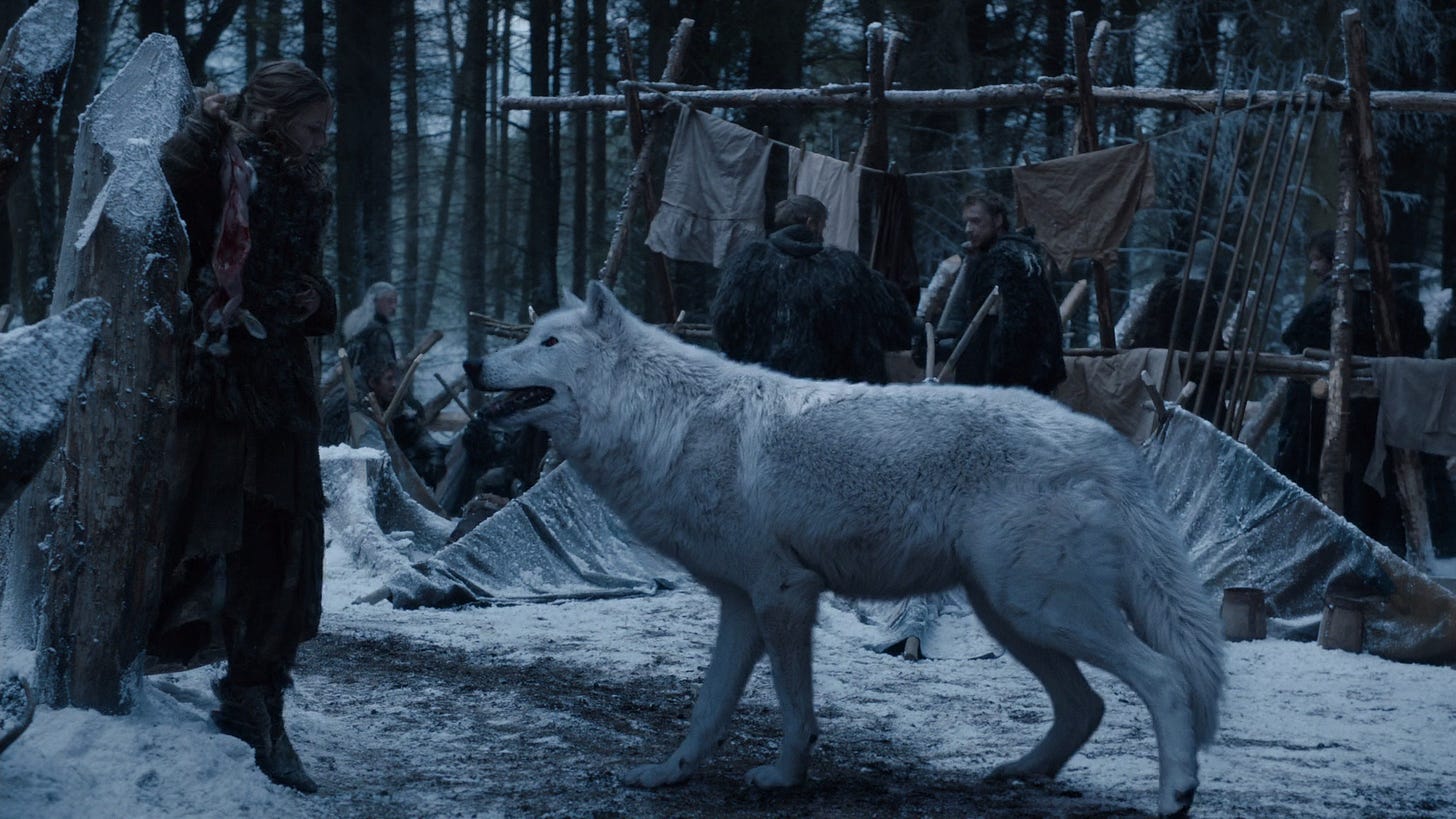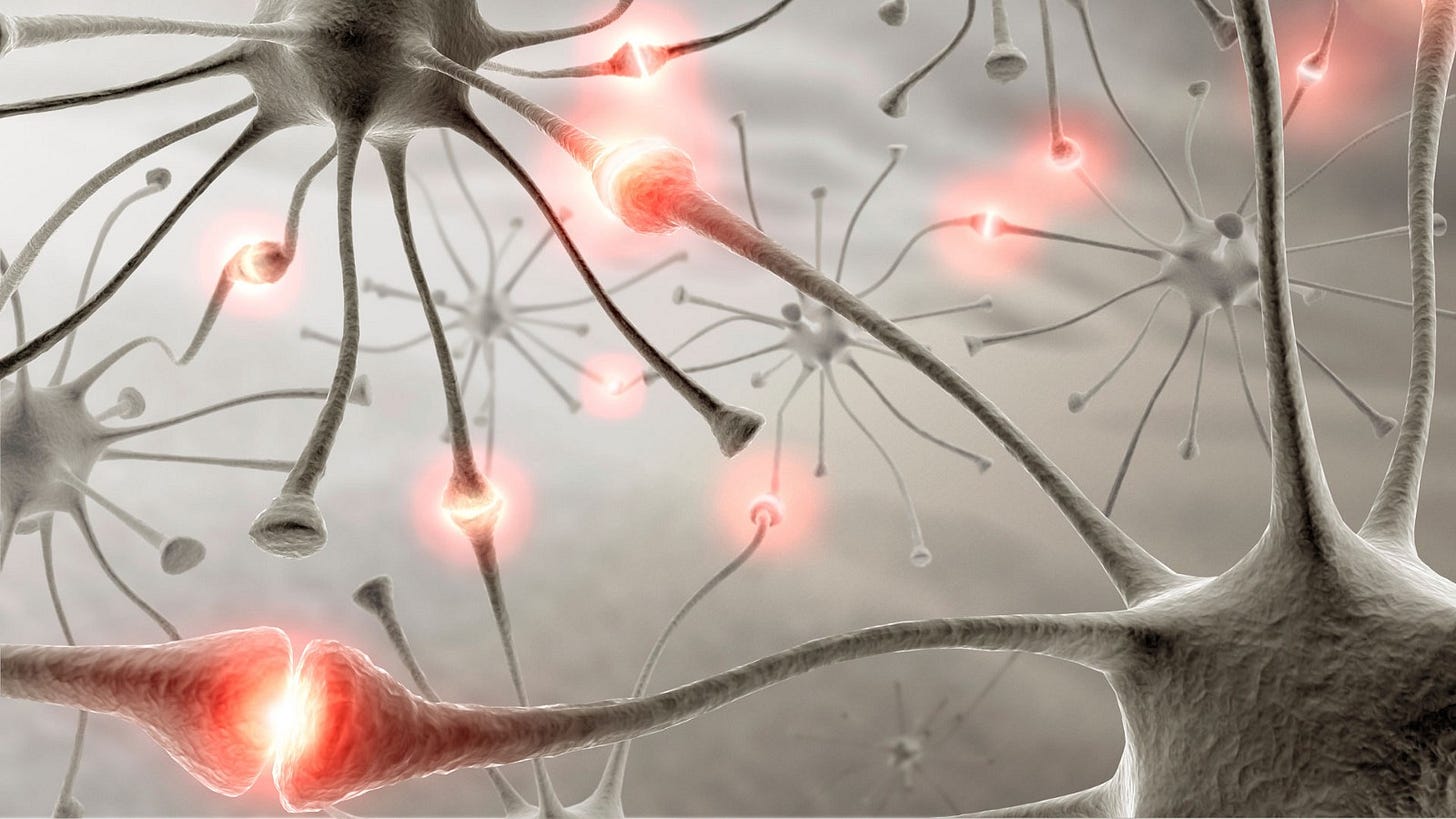As parents, we all fight tooth and nail for every minute of our little one’s sleep. It gives us a stolen moment of peace before the cherished chaos resumes.
But if every parent knew just what was happening beneath those lavender eyelids and sweet angel smiles, I believe we would all also guard our darling’s sleep as fiercely as a dire wolf would a Stark.

Babies need sleep to build their body
Ask anyone why baby sleep is so important and you’ll probably get an answer like, “Because they do so much growing!”
Babies don’t need sleep because they’re growing. They need sleep to grow.
If babies sleep to recover from growing, you would expect them to sleep more after a growth spurt. But babies sleep more in the two days before a growth spurt![1] Something vital is happening during sleep to prepare for major growth.
When your darling baby goes to sleep, growth hormones begin coursing through their veins like heat-seeking missiles, searching for the liver and other tissues. Once there, they trigger an explosion of growth factors — the essential fuel for growing new bone and muscle cells.[2]
Babies need sleep to build their brain
You know that scene in the Matrix, where Neo’s brain is implanted with the knowledge of various fighting styles? As he lies there with his eyes rapidly moving back and forth beneath his eyelids, his brain assimilates massive amounts of information.
This is actually not too different from what is happening when your own little cherub sleeps.
Babies come out of the womb with an almost blank slate of a brain, 100 billion neutrons of enormous potential carefully and lovingly grown by their mother over the course of nine months.[3] But their brain is missing all the billions upon billions of connections between these neurons.
These connections are what allow Usain Bolt to sprint at the speed of light or Adele to sing with the voice of angels. These connections cannot be grown. They can only be formed out of experience, out of our interaction with our environment and the people and things within it.
When we master a skill, we form and strengthen new connections between neurons in our brain. But our capacity for forming new connections as adults is nothing compared with that of a baby.
Babies are learning machines. When awake, they are constantly collecting valuable data about their environment. It is when babies sleep that the true magic happens. This is when all the data they collected gets processed and solidified as connections between neutrons in their brain.

Memory recall, language learning, cognitive ability and executive functioning of children is all enhanced by how much and how well they slept as babies during those precious early years of life.[2]
But there is a dark side to this.
Reduced sleep during those crucial first few years can sadly increase the chances of hyperactivity disorders and other developmental problems when these babies become children.[4]
The old adage “Never wake a sleeping baby” may exist for the benefit of the mother and her sanity, but it rings just as true for her darling baby.
[1]: Lampl, M., & Johnson, M. L. (2011). Infant growth in length follows prolonged sleep and increased naps. Sleep, 34(5), 641–650. https://doi.org/10.1093/sleep/34.5.641
[2]: Tham, E. K., Schneider, N., & Broekman, B. F. (2017). Infant sleep and its relation with cognition and growth: a narrative review. Nature and Science of sleep, 9, 135–149. https://doi.org/10.2147/NSS.S125992
[3]: Ackerman S. Discovering the Brain. Washington (DC): National Academies Press (US); 1992. 6, The Development and Shaping of the Brain. Available from: https://www.ncbi.nlm.nih.gov/books/NBK234146/
[4]: Touchette, E., Petit, D., Séguin, J. R., Boivin, M., Tremblay, R. E., & Montplaisir, J. Y. (2007). Associations between sleep duration patterns and behavioral/cognitive functioning at school entry. Sleep, 30(9), 1213–1219. https://doi.org/10.1093/sleep/30.9.1213


